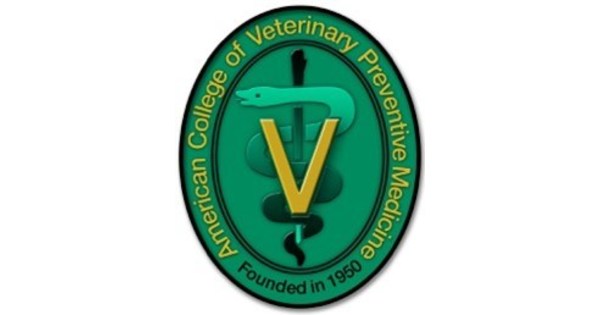Embracing AI in Veterinary Medicine
As artificial intelligence (AI) seamlessly integrates into our daily lives, its impact on veterinary care becomes increasingly evident. From smartwatches to self-driving cars, AI technologies are reshaping various fields, including animal healthcare.
Historical Context and Recent Advances
Decades ago, the idea of computers aiding in healthcare was speculative. Today, AI has achieved remarkable feats, such as Johns Hopkins University’s Smart Tissue Autonomous Robot (STAR) successfully performing laparoscopic surgery on pigs, outperforming human surgeons. To explore AI’s transformative potential in veterinary medicine, Cornell University College of Veterinary Medicine hosted the first Symposium on Artificial Intelligence in Veterinary Medicine (SAVY) from April 19-21, 2022.
Adopting AI in Clinical and Research Settings
AI simulates human intelligence processes like learning, reasoning, and self-correction. Machine learning, a subset of AI, enables algorithms to make decisions or predictions independently. Initially slow to adopt AI, veterinary medicine is now rapidly embracing this technology. At the symposium, Sebastian Gabor, co-founder and CEO of Digitail, presented findings from an industry-wide survey on AI in veterinary medicine. The survey, conducted with the American Animal Hospital Association (AAHA), revealed that 30% of veterinarians familiar with AI use it regularly in their practices.
AI Tools and Applications
Veterinarians of all generations, including those nearing retirement, are keen on AI tools like voice-to-text technology for transcribing client conversations into medical records. This efficiency allows more time for patient care, explaining the high adoption rate among veterinarians. However, concerns about AI’s reliability, accuracy, data security, and privacy remain prevalent.
Innovative AI Projects in Veterinary Medicine
Veterinary researchers are collaborating with data scientists and technology experts to develop AI tools for early disease detection, outbreak prediction, and more. Examples include detecting early signs of lameness in sheep, forecasting Lyme disease spread, and developing rapid diagnosis tools for canine myxomatous mitral valve disease.
AI in Pet Care
AI-powered gadgets for pet owners are also on the rise. Technologies like nose print recognition for dogs and smart collars tracking vital signs in real time exemplify AI’s potential to enhance pet care.
Scaling Up AI in Veterinary Practice
Geert De Meyer, PhD, from Mars Petcare, highlighted AI tools used in Banfield and BluePearl hospitals during his keynote address at SAVY. One such tool, RenalTech, predicts feline chronic kidney disease (CKD) using AI, based on extensive medical record data. Personalized medicine, facilitated by AI’s predictive capabilities, is improving treatment outcomes for conditions like canine lymphoma.
AI’s Role in Farm Management
AI is also improving efficiencies in livestock farming. Dr. Jasmeet Kaler from the University of Nottingham discussed precision livestock informatics, which utilizes real-time data to monitor animal health and welfare. AI tools for early detection of lameness in sheep are under development, aiming to address significant health challenges.
Population Medicine and AI
Dr. Beatriz Martínez López from UC-Davis highlighted AI’s potential in population medicine. AI models can predict disease outbreaks, aiding in the prevention and control of livestock diseases like foot-and-mouth disease and African swine fever.
AVMA’s Commitment to Emerging Technologies
The AVMA has established a Task Force on Emerging Technologies and Innovation to support veterinary practitioners in adopting new technologies. This initiative aims to provide practical resources and develop policies for the effective implementation of AI in veterinary practice.
Artificial intelligence is poised to revolutionize veterinary care, offering new tools and insights to improve animal health and welfare. As the field advances, continued collaboration and innovation will be key to unlocking AI’s full potential in veterinary medicine.



